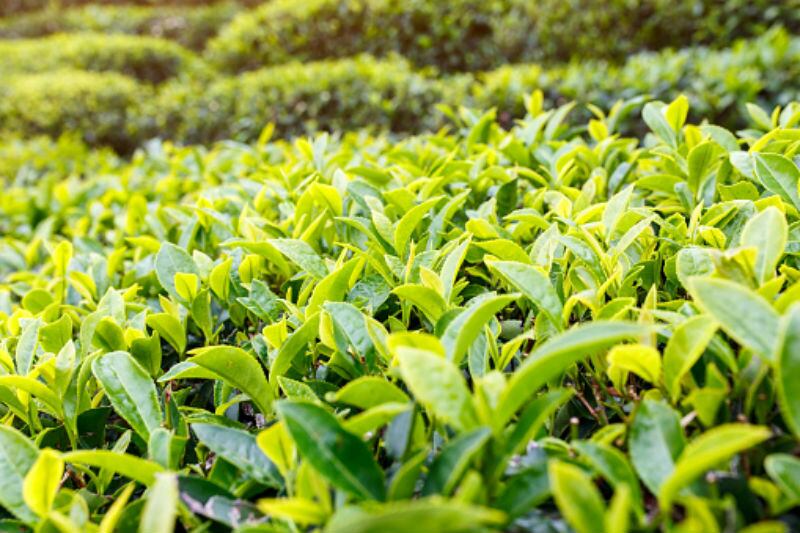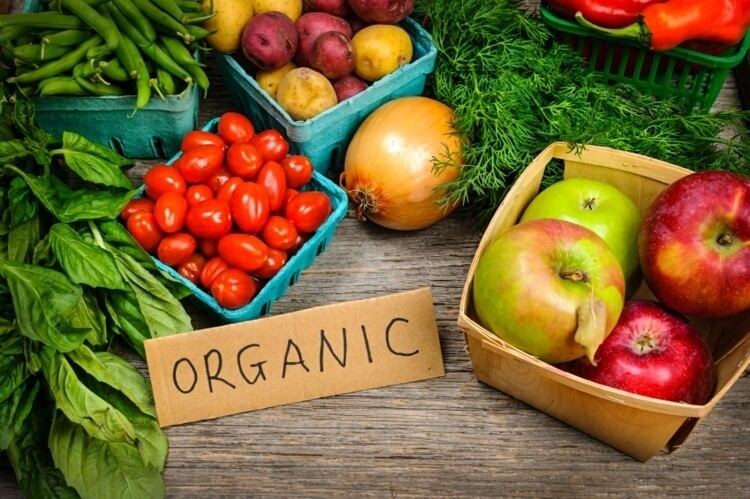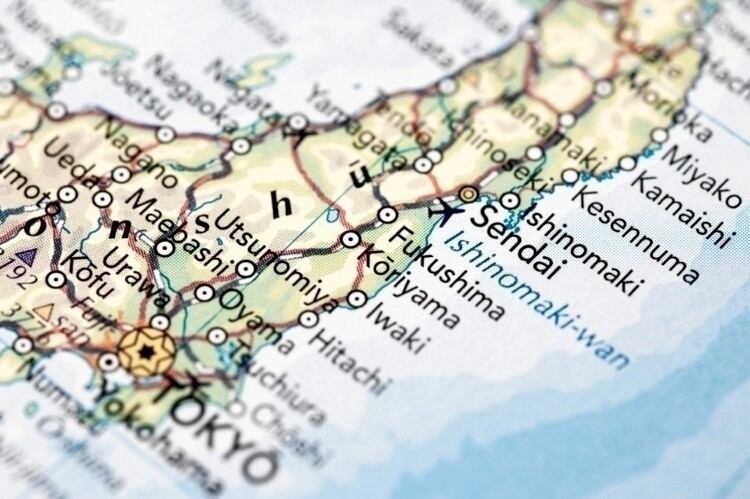Tea quality and industry compliance in India ‘very good’: Newly accredited FSSAI lab
The Tlabs chain of laboratories has recently obtained official accreditation by the Food Safety and Standards Authority of India (FSSAI), and has been tasked with monitoring tea quality in the country according to FSSAI parameters.
Tlabs is a laboratory chain operated by the Tea Research Association (TRA) in India, and was initially established under the 11th Plan Project of the Tea Board of India as a pesticides residue lab in 2010/2011.
“We now also have a quality control laboratory, so [Tlabs] basically operates on both ends to investigate tea quality according to pesticide parameters in one lab, and quality parameters in the other,” TRA Secretary and Principal Officer Joydeep Phukan told FoodNavigator-Asia.
Smoking to kill salmonella? Australian company’s unique technique could be industry ‘game-changer’
Australia’s The Smoked Egg Company has invented a unique, world-first smoking technique that produces healthier, bacteria-free eggs in addition to infusing them with a smoky flavour.
The process was initially invented to infuse the egg with a smoky flavour profile, but it was later discovered that it carried two more important effects: bacterial elimination, and halting of the ageing process.
“[We use] a very precise, five-part equation to smoke the eggs,” The Smoked Egg Company Director Julie Kor told us.
‘Food fraud vulnerability’: Are Australia’s country-of-origin labels propagating fraud opportunities?
A food fraud and labelling expert has criticised Australia’s ‘kangaroo in a triangle’ country-of-origin labels of making it easier for food fraud to take place, especially in international settings.
“The Australian government has created a food fraud vulnerability in international markets,” Food Labelling Matters Lead Consultant and former food regulator Dr Janine Curll told FoodNavigator-Asia.
“Scholars have identified that food fraud vulnerabilities, like other crimes, are created when a) opportunities exist, b) motivations are present and c) controls are absent [and the situation now encompasses all these].”
According to Dr Curll, the logo itself provided the opportunity for fraud, as it could be ‘easily copied’ and ‘unrestrictedly’ applied to foods not of Australian origin.
Unlikely effects and ridiculous claims: Are 'superfoods' the new food fraud?
A dietitian from the Queensland University of Technology (QUT) has claimed that many superfoods' health claims are "unlikely" to work, "ridiculous" and "similar to food fraud".
“New ‘superfoods’ come and go and often confuse the public on what healthy eating is,” said Dr Helen Vidgen.
Dr Vidgen came to this conclusion after an investigatory assignment she commissioned her nutrition, dietetics and pharmacy students to carry out revealed that none of the investigated superfoods had scientifically solid backing for their claims.
Food safety is a “mainstream economic development issue” in Asia: World Bank economist
Food safety is not merely a public health issue, but also a “mainstream economic development issue”, according to a World Bank economist.
Steven Jaffee, Lead Agriculture Economist with the World Bank’s Agriculture Global Practice, presented his research findings on how food safety could affect the world’s economy at the Food Industry Asia (FIA) Lunch Series session held in collaboration with the World Bank.
“Food safety is a mainstream economic development issue, although it is not generally recognised as such, because when food safety rise up on the agenda, it is largely a trade issue,” Jaffee said during his presentation.





